NCAA announces new overtime rule changes and points of emphasis for college football
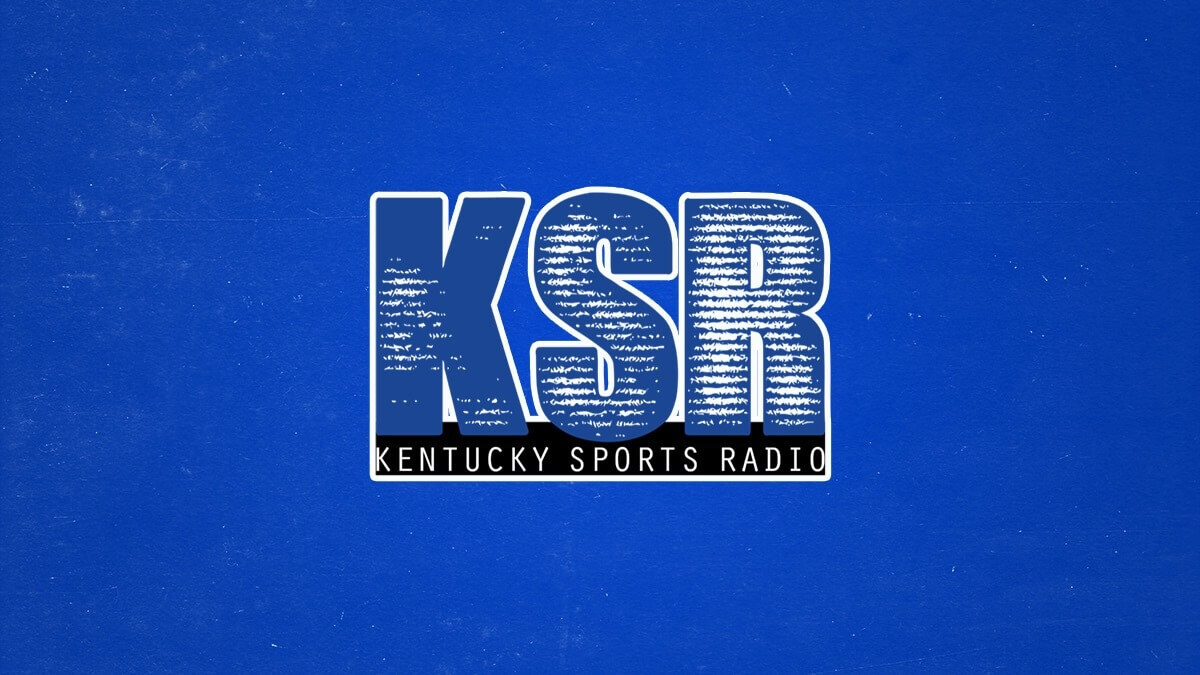
Some minor changes and reinforced points of emphasis are coming to college football this season.
On Thursday afternoon, the NCAA Playing Rules Oversight Panel announced that starting with the 2021 season, overtime rules, among a few other items, would receive a slight tweak. They don’t appear to be anything that will drastically change how the game is played, and should mostly help speed up overtime periods.
In previous years, once a third overtime was reached, both sides became required to attempt a 2-point conversion following a touchdown. With the new rules, that will now start with the second overtime. Also, the new rules state that once a game reaches a third overtime, both teams will be required to start directly with alternating 2-point conversions. That rule was previously enforced starting with the fifth overtime.
The NCAA Playing Rules Oversight Panel approved a change to overtime rules in football: https://t.co/VVxaqiJPiD pic.twitter.com/r72BajRKTw
— Inside the NCAA (@InsidetheNCAA) April 22, 2021
For those wondering, Kentucky is 1-3 during overtime periods since Mark Stoops took over as head coach ahead of the 2013 season. The new rule truly won’t have much impact–if anything, it’ll make for more exciting overtimes. But that also wasn’t the only rule change the NCAA announced. Tucked underneath the overtime rules in the press release were several different modifications we should note.
For some reason, video board and lighting system operators are now part of the “personnel” group who “may not create any distraction that obstructs play”. Whatever that means.
Also, a school or conference will now be able to “request a postgame video review about questionable actions” when they suspect that a player is “feigning injuries” during a game.
Top 10
- 1Hot
NEW PRACTICE GYM
Only the best for Mark Pope
- 2New
Calzada Practices
UK splitting QB1 reps.
- 3
Passing Problems
UK has the worst passing attack in FBS
- 4Trending
"Cutter is going to play."
Get ready for the KY kid
- 5New
JQ's recovery
He's ahead of schedule!
Get the Daily On3 Newsletter in your inbox every morning
By clicking "Subscribe to Newsletter", I agree to On3's Privacy Notice, Terms, and use of my personal information described therein.
Most notably, three points of emphasis for officials were included at the bottom of the release:
1. Penalizations for taunting an opponent.
2. Staying alert in regards to uniform violations, sending players off the field if they are caught not following the dress code.
3. Coaches can not step onto the field of play to argue a call from an official. Offenders will receive an automatic unsportsmanlike penalty.
The taunting rules are understandable, but it’ll be interesting to see how quick the officials are to make the call. It could potentially lead to split-second penalty flags that might come off as short-sighted and unnecessary.
The dress code emphasis is a bit much, and good luck to the officials who try to enforce an unsportsmanlike penalty every time a coach steps on the field of play to debate a call.
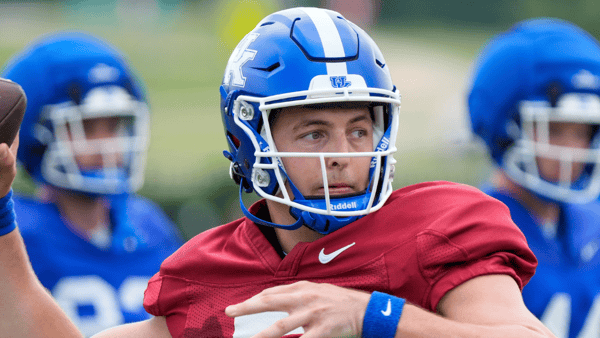
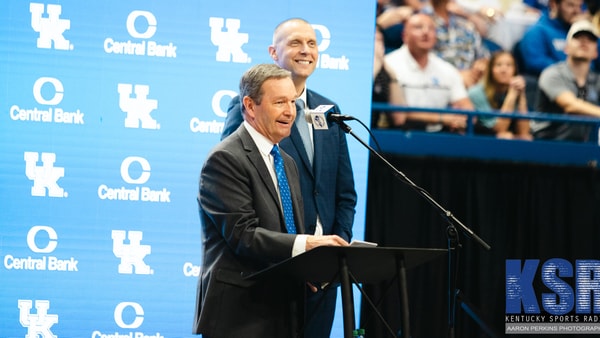
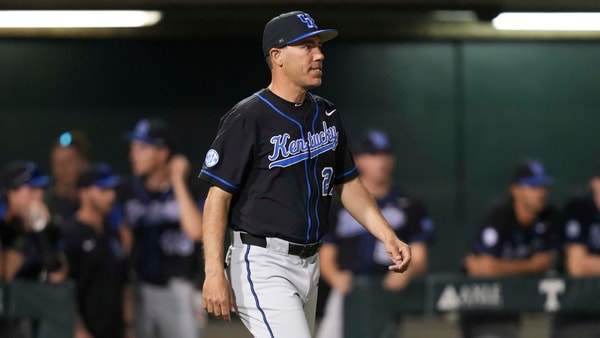
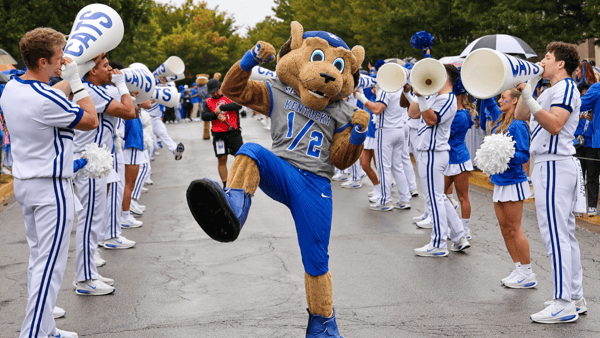
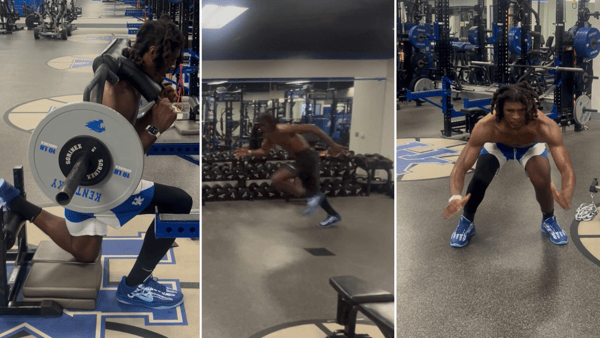
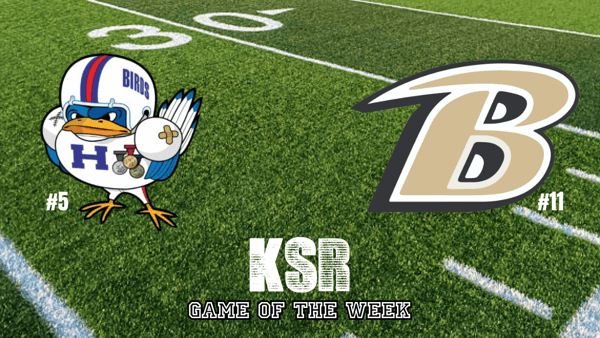
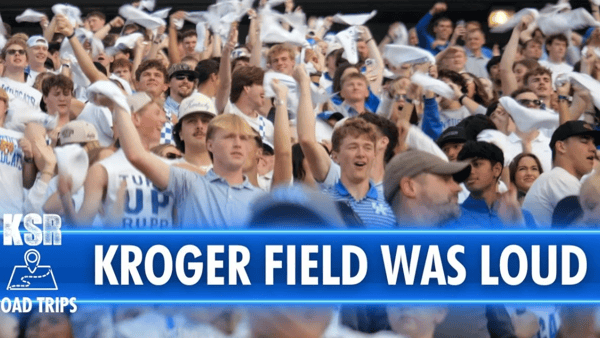
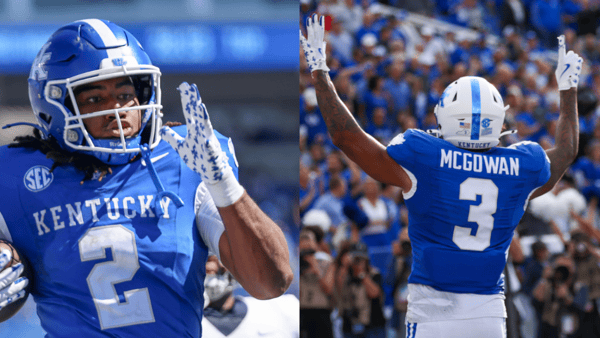
Discuss This Article
Comments have moved.
Join the conversation and talk about this article and all things Kentucky Sports in the new KSR Message Board.
KSBoard